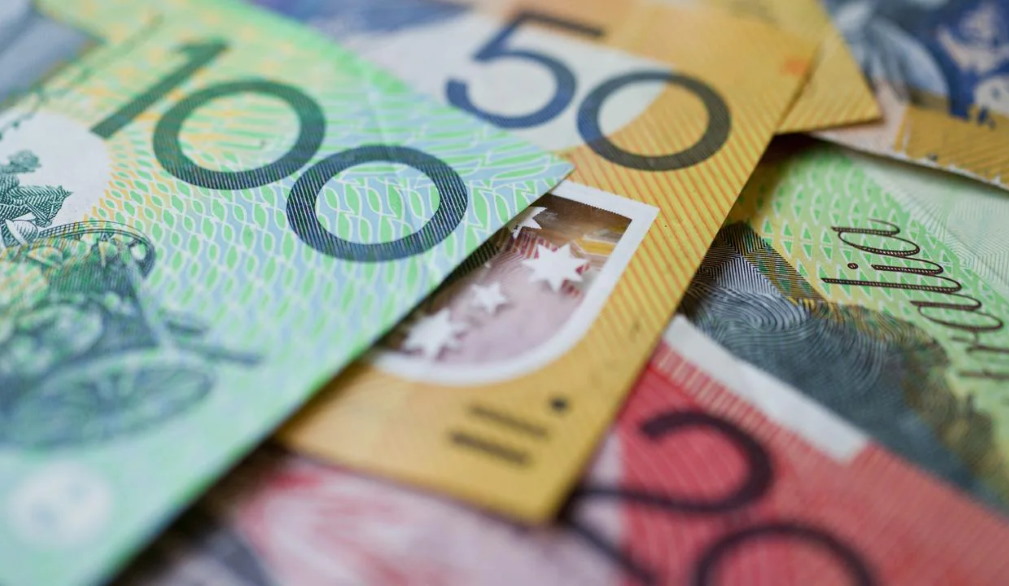Guaranteed Short-Term Loan Solutions That Work For Australians In January 2022
- Written by NewsServices.com

With the Australian Government’s recent announcement of new regulations on financial lending to small businesses, it is becoming even harder for businesses to access credit. The good news is there are now companies out there that have created solutions that can make life easier for SME’s who need a short-term loan but don’t qualify for bank finance. If you’re thinking about taking out a loan in the next six months, here’s a quick way to save yourself some money, time, and hassle: Guaranteed Short-Term Loans. These loans have become extremely popular in Australia over the past few years, especially with young, busy people. But, if you’re not familiar with them, we can help you understand what they are, how they work, and how to make them work for you. Organizations like mylenders.com.au compare short-term loans and provide customers with a guaranteed selection of the best loans. Short-term loans are an easy way for people to finance when they don’t have enough collateral to access traditional bank loans. A short-term loan can be used to pay off bills, buy new furniture, or even consolidate existing debts. With the cost of living increasing, it’s easier than ever to find finance for these short-term loans.
If you’re interested in finding out more about short-term loans, we’ve written a blog post that explains how it works, why it is becoming increasingly popular, and how it can work for you.
Short Term Loans are Popular
Over the past couple of years, short-term loans have become a popular way for young people to get financial support. The Australian Government introduced new regulations on financial lending to small businesses in December 2019, meaning that companies will now have to prove they have good credit history before they can access funding. This is the main reason why more and more people are choosing to take out short-term loans. These loans are simple and quick to obtain, and if you have a bad credit history, don’t worry; the company will do all of the hard work for you. So, what are short-term loans? Short-term loans are a type of finance designed for people who need to get money as quickly as possible.
Why do People Take Short Term Loans?
Summing up why people take out short-term loans, there are several reasons. People often use them to pay for a wedding or a home renovation. It’s also popular among people with no collateral who want to get some money without providing any financial guarantees. However, it’s not just people with poor credit scores who can use these loans. People with excellent credit can still get short-term loans. These loans can be used to pay off credit cards, consolidate debt, or even buy furniture and appliances. There are several types of short-term loan companies.
How do Short Term Loans Work?
Short-term loans work by borrowing money from a bank or other lending institution for a set amount of time. The borrower then pays the money back to the lender plus interest. The interest rate on short-term loans can range between 4% to 12%. This means that the borrower will repay the lender for the loan and pay interest.
Do Short-Term Loans Work for You?
They work very well for young people. Short-term loans are an excellent choice. Most people can obtain short-term financing within a day after applying for a loan and having it authorized. In many cases, a short-term loan can be obtained online within a few minutes. Not all financial institutions are the same. Getting an answer on your short-term loan application may take longer with some lenders than others. In this case, it’s always best to research different lenders to find the best one for you. It’s also important to remember that two different types of short-term loans are available to you: secured and unsecured. A secured loan has collateral, such as a car or house, which guarantees the loan.
On the other hand, an unsecured loan does not have any collateral, and therefore the lender is taking a risk. For example, if you have an unsecured loan, the lender is taking a chance that you won’t be able to pay back the money owed. This is why it is always best to consider these risks when using a loan.
How to Take Advantage of Short Term Loans?
Certainly, there are a few things that you can do to get the best deal on a short-term loan. The first thing to remember is to research different lenders to see what they offer. This will help you to get the best possible loan. Also, try to keep your credit score as high as possible. You will probably be turned down for a loan if you have a low credit score. As an alternative, you can get a secured loan. A secured loan will allow you to use something of value as collateral, which helps you avoid paying any interest. Finally, it’s important to remember that many people will not qualify for a short-term loan. Make sure that you are eligible for one before you apply. If you cannot get approved, it’s always best to look at other options, such as a personal loan or an overdraft.
Conclusion
With so many options available, it is easy to get lost in the sea of choices. However, the world of finance is very simple to understand and navigate through. We must learn the basic concepts of banking and financial matters to make wise choices when we need money. Understanding how to take advantage of short-term loans can help us get what we want with minimal hassle. If you have any questions about short-term loans, don’t hesitate to get in touch with us!

















